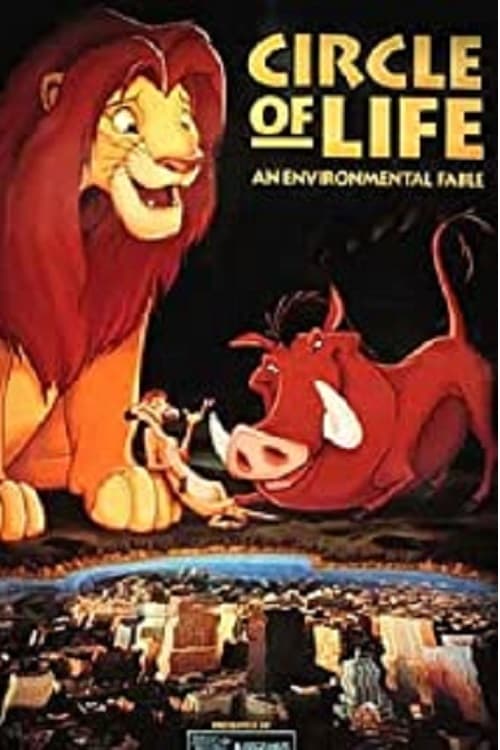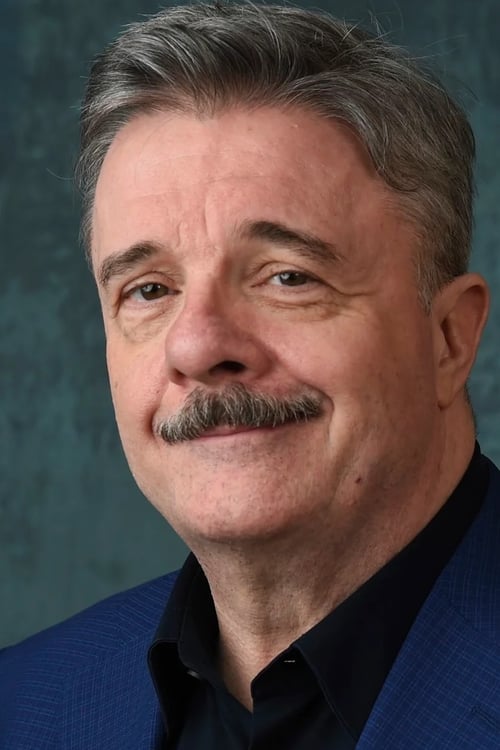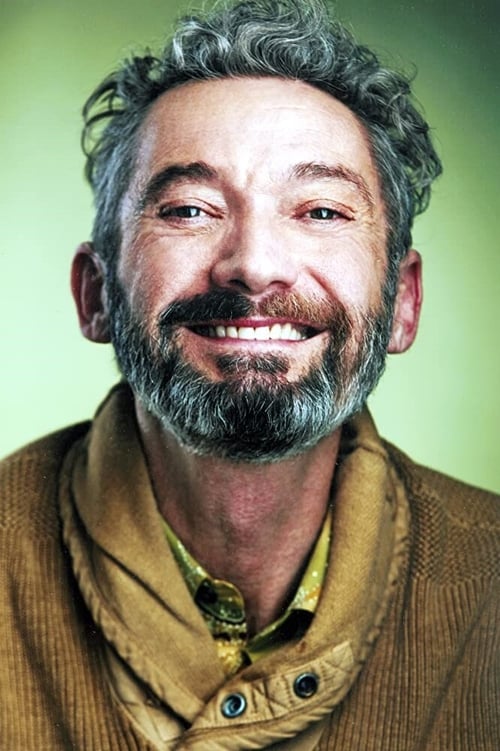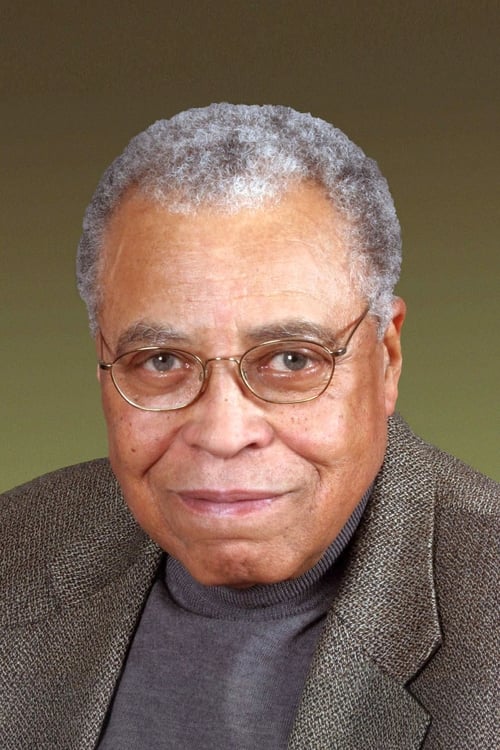Circle of Life: An Environmental Fable (1995)
ジャンル : アニメーション
上映時間 : 13分
演出 : Bruce Morris
シノプシス
Timon and Pumbaa from The Lion King are chopping down trees and clogging up rivers to build the Hakuna Matata Lakeside Village. Simba comes to them and explains how their actions are harmful to nature.

The story of lawsuit by tens of thousands of Ecuadorans against Chevron over contamination of the Ecuadorean Amazon.

Imagine an ocean without fish. Imagine your meals without seafood. Imagine the global consequences. This is the future if we do not stop, think and act.In the film we see firsthand the effects of our global love affair with fish as food.It examines the imminent extinction of bluefin tuna, brought on by increasing western demand for sushi; the impact on marine life resulting in huge overpopulation of jellyfish; and the profound implications of a future world with no fish that would bring certain mass starvation.Filmed over two years, The End of the Line follows the investigative reporter Charles Clover as he confronts politicians and celebrity restaurateurs, who exhibit little regard for the damage they are doing to the oceans.Filmed across the world – from the Straits of Gibraltar to the coasts of Senegal and Alaska to the Tokyo fish market – featuring top scientists, indigenous fishermen and fisheries enforcement officials, The End of the Line is a wake-up call to the world.

This Academy Award-winning documentary takes a look at children born after the 1986 Chernobyl nuclear plant disaster who have been born with a deteriorated heart condition.

Humanity’s ascent is often measured by the speed of progress. But what if progress is actually spiraling us downwards, towards collapse? Ronald Wright, whose best-seller, “A Short History Of Progress” inspired “Surviving Progress”, shows how past civilizations were destroyed by “progress traps”—alluring technologies and belief systems that serve immediate needs, but ransom the future. As pressure on the world’s resources accelerates and financial elites bankrupt nations, can our globally-entwined civilization escape a final, catastrophic progress trap? With potent images and illuminating insights from thinkers who have probed our genes, our brains, and our social behaviour, this requiem to progress-as-usual also poses a challenge: to prove that making apes smarter isn’t an evolutionary dead-end.

Finland’s education system has consistently ranked among the best in the world for more than a decade. The puzzle is, why Finland? Documentary filmmaker, Bob Compton, along with Harvard researcher, Dr. Tony Wagner, decided to find out. The result of their research is captured in a new film, "The Finland Phenomenon: Inside the World’s Most Surprising School System". In the 60-minute film, Dr. Wagner guides the viewer through an inside look at the world’s finest secondary education system. A life-long educator and author of the best-selling book "The Global Achievement Gap," Dr. Wagner is uniquely qualified to explore and explain Finland’s success. From within classrooms and through interviews with students, teachers, parents, administrators and government officials, Dr. Wagner reveals the surprising factors accounting for Finland’s rank as the #1 education system in the world.
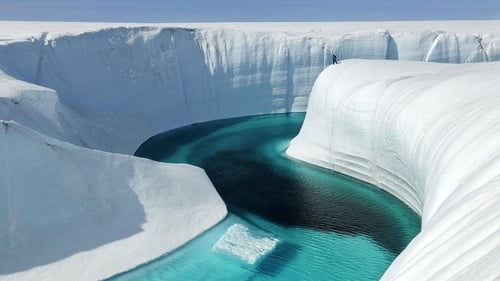
When National Geographic photographer James Balog asked, “How can one take a picture of climate change?” his attention was immediately drawn to ice. Soon he was asked to do a cover story on glaciers that became the most popular and well-read piece in the magazine during the last five years. But for Balog, that story marked the beginning of a much larger and longer-term project that would reach epic proportions.

It is the largest movement the world has ever seen, it may also be the most important - in terms of what's at stake. Yet it's not east being green. Environmentalists have been reviled as much as revered, for being killjoys and Cassandras. Every battle begins as a lost cause and even the victories have to be fought for again and again. Still, environmentalism is one of the great social innovations of the twentieth century, and one of the keys to the twenty-first. It has arisen at a key juncture in history, when humans have come to rival nature as a power determining the fate of the earth.

J.J. Fate again shows us how accidents aren't his fault, but instead are the result of carelessness. Donald is Mr. Careful at home, but at work, he starts right off by falling down the stairs. He has run-ins with a punch press, flammable paint, a conveyor belt, loose clothing, a monkey wrench, and other problems.

A classic story designed to teach important truths about Eucharist, intergenerational relationships, death, and the importance of tradition in our lives. Young Mario, saddened by his grandmother's unexpected death, is delighted when his mother bakes Nonna's special Pane de Pasqua (Easter Bread) as a way of bringing her memory to his First Communion celebration.

WIEBO'S WAR tells the story of a Christian community, at war with the oil and gas industry. Wiebo Ludwig is a suspect in a series of pipeline bombings near his farm. The bombings echo a campaign of sabotage he waged 10 years ago: barricading roads, blowing up wells, culminating in the unsolved death of a teen aged girl. The Ludwigs live according to their religious values. They are self-sufficient in food and energy, but isolated, with seven unmarried adult children, and 38 grandchildren. They believe that those who don't share their beliefs, like filmmaker David York, are living in terrible darkness.

The Inglewood Police Department's 1960s video, "LSD: Trip or Trap?" is a classic of the genre. Alex sez, "It's a story of two friends who enjoy flying model planes, except that one becomes an 'acidhead' so he can be 'groovy' with the other acidheads. The other does research into LSD and decides it's a 'bummer'."

Wildlife film maker Rebecca Hosking investigates how to transform her family's farm in Devon into a low energy farm for the future, and discovers that nature holds the key. With her father close to retirement, Rebecca returns to her family's wildlife-friendly farm in Devon, to become the next generation to farm the land. But last year's high fuel prices were a wake-up call for Rebecca. Realising that all food production in the UK is completely dependent on abundant cheap fossil fuel, particularly oil, she sets out to discover just how secure this oil supply is. Alarmed by the answers, she explores ways of farming without using fossil fuel. With the help of pioneering farmers and growers, Rebecca learns that it is actually nature that holds the key to farming in a low-energy future.

A doctor persuades a group of boys to be vaccinated by explaining how it will protect them against disease. Animated sequences depict the body metaphorically as a city, defended by the blood cells, which are stimulated by vaccination to amass arms and ammunition, in order to defend the city when it is invaded by germs.

The story of the children who work 12-14 hour days in the fields without the protection of child labor laws. These children are not toiling in the fields in some far away land. They are working in America.

A look at the natural beauty and environmental crisis surrounding the Great Lakes.
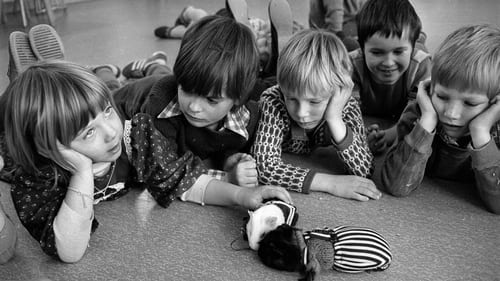
A darkly humorous short documentary about a preschool-age boy ostracised from interactions with his classmates until a girl who has become interested in his pet crow provides the link to social acceptance.

Goku's Fire Brigade is a ten-minute public service video about fire safety, which aired in Japan in June 1988. This video features the main Dragon Ball characters having jobs as firefighters and Bulma living in a new apartment with Scratch.

An educational movie about deleterious effects of alcoholism.

Professor Ludwig von Drake plays a variety of popular music, all of which he wrote. First, ragtime: the Rutabaga Rag, with vegetables dancing in stop-motion. Next, the Charleston, with cut-out animation of a singer and dancers. Dixieland and more cut-out animation; the crooner/love ballad; 50's doo-wop; and finally, rockabilly.
